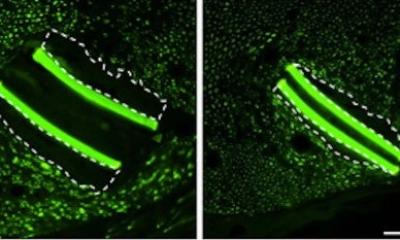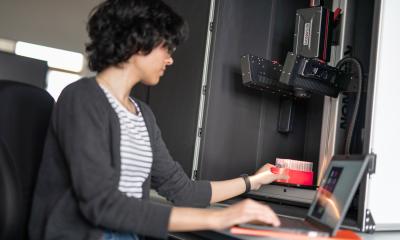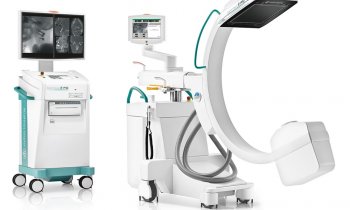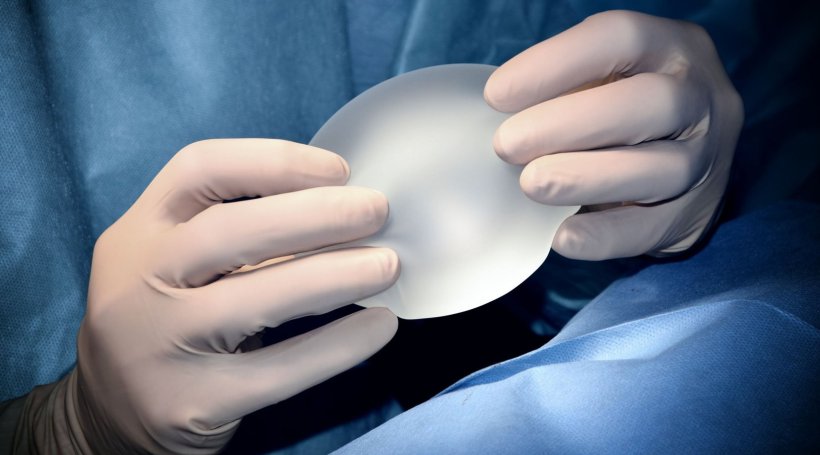
Image source: Unsplash/philippe spitalier
News • Researchers look into mammoplasty aftereffects
Immune system disorders after silicone breast implant surgery
Scientists from the St Petersburg University Laboratory of the Mosaic of Autoimmunity as part of the Russia’s Government mega-grant programme have conducted a comprehensive examination of women who have undergone silicone augmentation mammoplasty.
The doctors have found a slight increase in the level of autoantibodies against the hormone receptor that controls the functioning of the thyroid gland. The research findings are published in Langenbeck’s Archives of Surgery.
Silicone augmentation mammoplasty is a surgical technique that uses breast implants to increase the size of mammary glands, change their shape, or reconstruct them after loss. Such breast implant prostheses are made from a high molecular weight organosilicon compound − silicone. They are soft bags filled with either silicone gel or saline solution. Surgical implantation is often indicated either for improving the aesthetic shape of the breast or for breast reconstruction after mastectomy (breast removal) or in cases associated with congenital or acquired abnormalities of the mammary glands. Breast augmentation surgery has been quite popular in the world for many years. It has become the most common interference performed by plastic surgeons. However, healthcare providers still have concerns about their safety or harm to health.
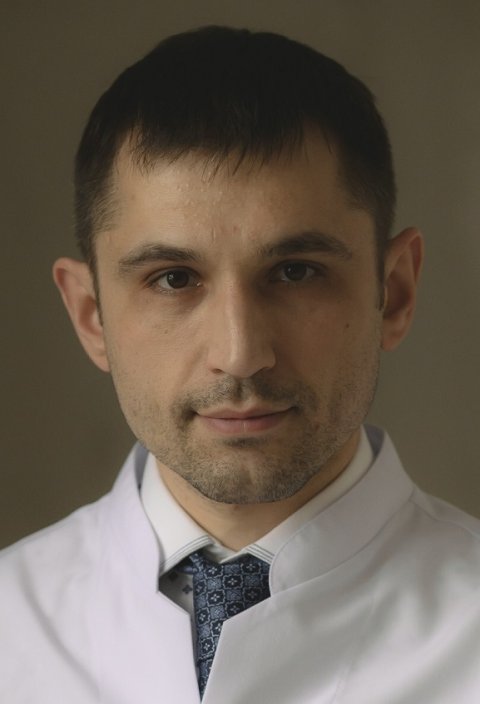
© St Petersburg University
The scientists from St Petersburg University led by Yehuda Schoenfeld, Head of the Department of Hospital Surgery at St Petersburg University, Piotr Yablonsky, Vice-Rector for Medical Activities of St Petersburg University, and Leonid Churilov, Head of the Department of Pathology of St Petersburg University, examined the state of the immune system in 106 women who had undergone mammary surgery with or without silicone breast implants. They analysed a number of immunological and hormonal parameters. In particular, they collected blood samples and carried out a histological analysis of tissues and cells, as well as a psychological examination of the patients. Check-ups were carried prior to the operation, three months, six months and 12 months after the operation.
‘We have detected the phenomenon of increased levels of autoantibodies to the thyroid-stimulating hormone (TSH) receptor (the main regulator of thyroid growth and function). This was only observed in those patients who received silicone implants; the group operated on without implants presented no such increase. The phenomenon of postoperative increase in prolactin and TSH levels was confirmed. It can be stated that women with implants develop increased autoimmunity to these receptors’, said Valerii Zolotykh, a plastic surgeon, the lead author of the study, a St Petersburg University doctoral programme graduate.
Autoantibodies to TSH receptors can cause thyroid gland disease also known as Graves’ disease. However, during the first year after the mammoplasty, the patients hardly present any clinical and laboratory signs of overt thyroid disease. At the same time, the researchers recommend that patients planning such surgeries undergo a thyroid examination and a test for antibodies to it. They consider Graves’ disease and autoimmune thyroiditis to be contraindications to such operations. And after such surgery, patients should monitor the level of autoimmunity to the thyroid gland for six months.
The scientists plan to continue their study. Currently, the responses to psychological questionnaires, as well as results of histological tests are being analysed. On their agenda, there is a follow-up monitoring of the health status of the study participants for five years. They have decided to apply for a grant from the Russian Science Foundation.
Source: St Petersburg University
16.10.2023



